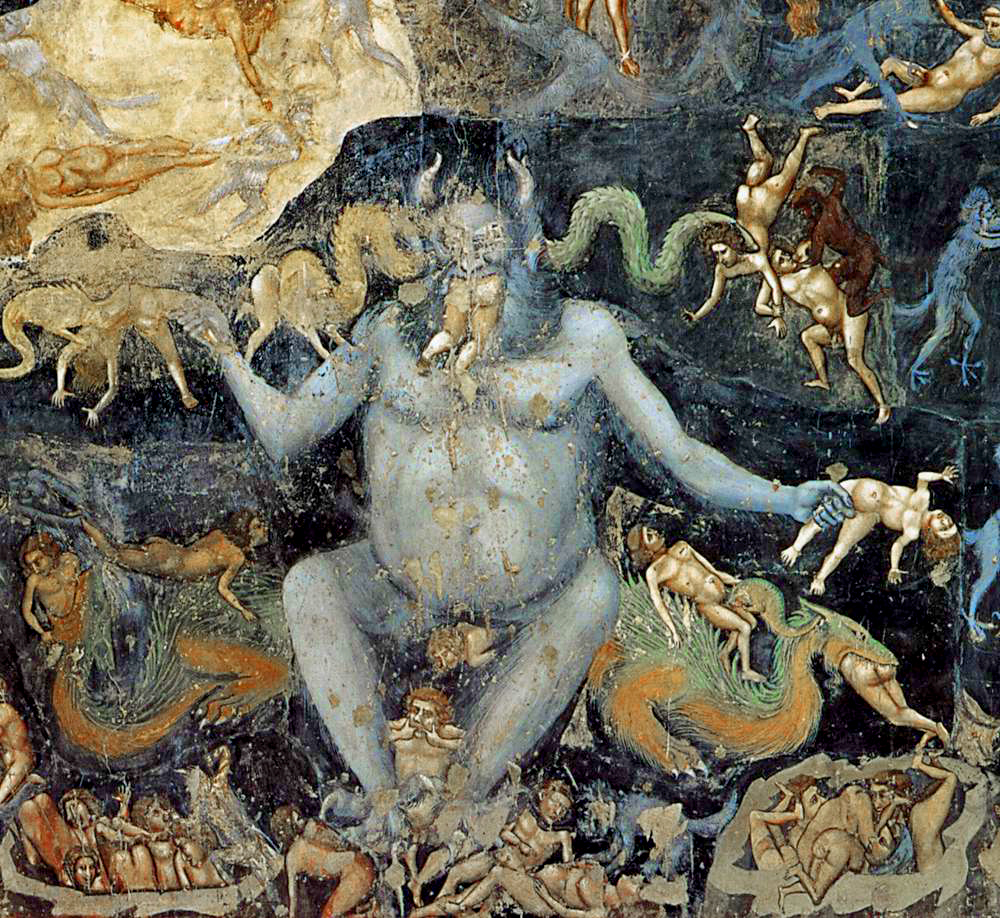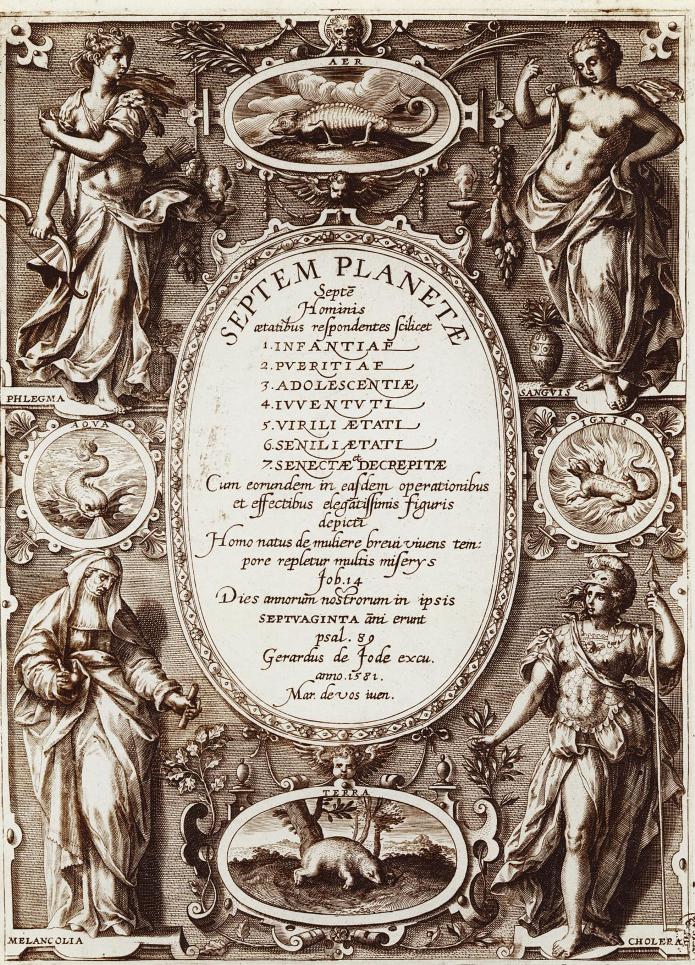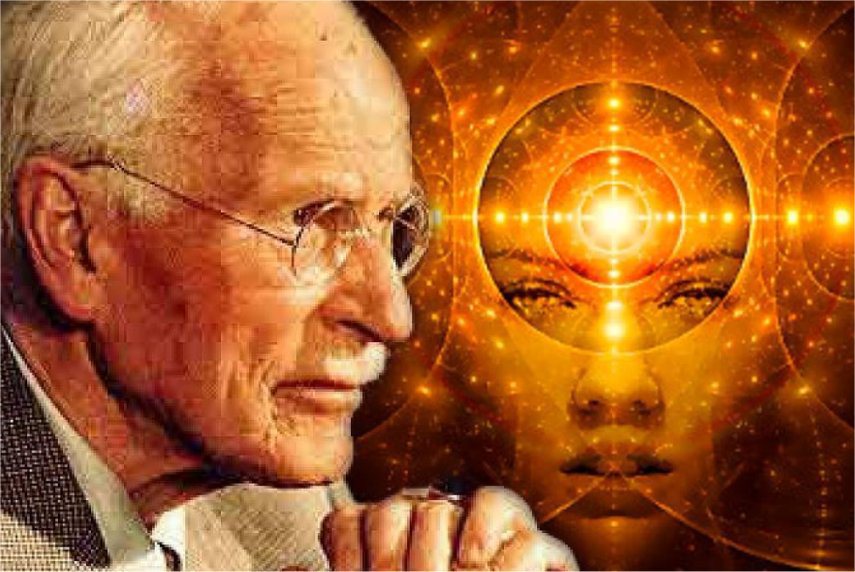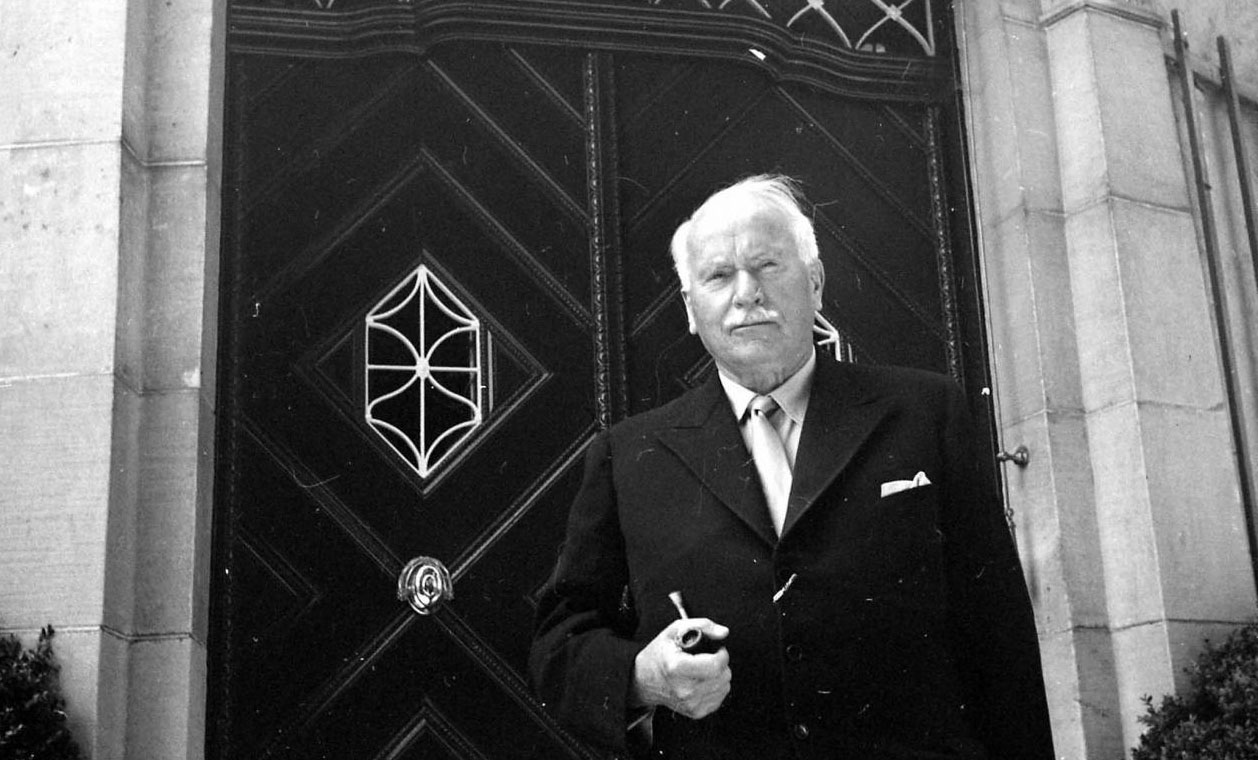This fact, so little appreciated and never dwelt upon by Plato’s translators, accounts for the self-laudation in which we moderns indulge at the expense of that philosopher and his compeers. Their alleged mistakes in anatomy and physiology are magnified to an inordinate extent to gratify our self-love, until, in acquiring the idea of our own superior learning, we lose sight of the intellectual splendor which adorns the ages of the past; it is as if one should, in fancy, magnify the solar spots until he should believe the bright luminary to be totally eclipsed.
The unprofitableness of modern scientific research is evinced in the fact that while we have a name for the most trivial particle of mineral, plant, animal, and man, the wisest of our teachers are unable to tell us anything definite about the vital force which produces the changes in these several kingdoms. It is necessary to seek further for corroboration of this statement than the works of our highest scientific authorities themselves.
It requires no little moral courage in a man of eminent professional position to do justice to the acquirements of the ancients, in the face of a public sentiment which is content with nothing else than their abasement. When we meet with a case of the kind we gladly lay a laurel at the feet of the bold and honest scholar. Such is Professor Jowett, Master of Balliol College, and Regius Professor of Greek in the University of Oxford, who, in his translation of Plato’s works, speaking of “the physical philosophy of the ancients as a whole,” gives them the following
Page 238
credit: 1. “That the nebular theory was the received belief of the early physicists.” Therefore it could not have rested, as Draper asserts, upon the telescopic discovery made by Herschel I. 2. “That the development of animals out of frogs who came to land, and of man out of the animals, was held by Anaximenes in the sixth century before Christ.” The professor might have added that this theory antedated Anaximenes by some thousands of years, perhaps; that it was an accepted doctrine among Chaldeans, and that Darwin’s evolution of species and monkey theory are of an antediluvian origin. 3. ” . . . that, even by Philolaus and the early Pythagoreans, the earth was held to be a body like the other stars revolving in space.” Thus Galileo, studying some Pythagorean fragments, which are shown by Reuchlin to have yet existed in the days of the Florentine mathematician; being, moreover, familiar with the doctrines of the old philosophers, but reasserted an astronomical doctrine which prevailed in India at the remotest antiquity. 4. The ancients ” . . . thought that there was a sex in plants as well as in animals.” Thus our modern naturalists had but to follow in the steps of their predecessors. 5. “That musical notes depended on the relative length or tension of the strings from which they were emitted, and were measured by ratios of number.” 6. “That mathematical laws pervaded the world and even qualitative differences were supposed to have their origin in number”; and 7. “The annihilation of matter was denied by them, and held to be a transformation only.” “Although one of these discoveries might have been supposed to be a happy guess,” adds Mr. Jowett, “we can hardly attribute them all to mere coincidences.”
In short, the Platonic philosophy was one of order, system, and proportion; it embraced the evolution of worlds and species, the correlation and conservation of energy, the transmutation of material form, the indestructibility of matter and of spirit. Their position in the latter respect being far in advance of modern science, and binding, the arch of their
Page 239
philosophical system with a keystone at once perfect and immovable. If science has made such colossal strides during these latter days — if we have such clearer ideas of natural law than the ancients — why are our inquiries as to the nature and source of life unanswered? If the modern laboratory is so much richer in the fruits of experimental research than those of the olden time, how comes it that we make no step except on paths that were trodden long before the Christian era? How does it happen that the most advanced standpoint that has been reached in our times only enables us to see in the dim distance up the Alpine path of knowledge the monumental proofs that earlier explorers have left to mark the plateaux they had reached and occupied?

Moe is the founder of GnosticWarrior.com. He is a father, husband, author, martial arts black belt, and an expert in Gnosticism, the occult, and esotericism.







![How the South Saxons received Eadbert and Eolla, and the West Saxons, Daniel and Aldhelm, for their bishops; and of the writings of the same Aldhelm [705 A.D.] | Book 5 | Chapter 17 How the South Saxons received Eadbert and Eolla, and the West Saxons, Daniel and Aldhelm, for their bishops; and of the writings of the same Aldhelm [705 A.D.] | Book 5 | Chapter 17](https://www.gnosticwarrior.com/wp-content/plugins/contextual-related-posts/default.png)